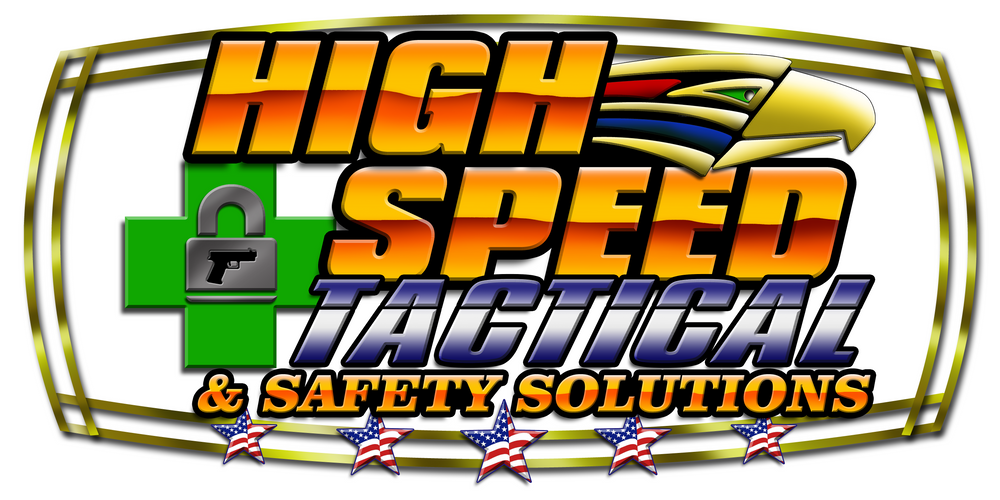Skill Boost Courses
Regular price
$30.00
Sale
Select a course from the drop down box above for the additional skill boost you wish to add to your selected course. See below for course descriptions.
Skill Boosts include in-depth information about recognizing and giving care for each available topic. Skill practices and assessment scenarios on administering medications, using a tourniquet, and splinting are included in these modules.
Asthma and Quick-Relief Medication Administration
Gives individuals the knowledge and skills necessary to recognize an asthma attack and give care for a person experiencing an asthma attack by administering medication until advanced EMS personnel arrive and begin their care of the person. This module includes the demonstration of, and skill practice session and assessment scenario for, administering quick-relief medication using an inhaler with spacer. Participants must have a valid and current certification in First Aid or CPR (inc. First Aid/CPR/AED, Lifeguarding, BLS, EMR, RTE, etc.) to take this Skill Boost or can add it onto a First Aid/CPR/AED course
Anaphylaxis and Epinephrine Auto- Injector Administration
Gives individuals the knowledge and skills necessary to recognize anaphylaxis and give care for a person in anaphylaxis by administering medication until advanced EMS personnel arrive and begin their care of the person. Participants must have a valid and current certification in First Aid (inc. First Aid/CPR/AED, Lifeguarding, EMR, RTE, etc.) to take this Skill Boost or can add it onto a First Aid/CPR/AED course.
Life Threatening Bleeding and Tourniquet Application
Gives individuals the knowledge and skills necessary to recognize life-threatening bleeding and give care for a person with life-threatening bleeding until advanced EMS personnel arrive and begin their care of the person. This skill boost was developed to address the need for training in the use of direct pressure, applying a tourniquet and wound packing to care for life-threatening bleeding. Participants must have a valid and current certification in First Aid (inc. First Aid/CPR/AED, Lifeguarding, RTE, EMR) to take this Skill Boost or can add it onto a First Aid/CPR/AED course.
Opioid Overdose and Naloxone Administration
This skill boost was developed to address the need for training in recognizing an opioid overdose and the use of administering naloxone via the nose (nasal spray or nasal atomizer). Participants must have a valid and current certification in First Aid and/or CPR/AED (inc. First Aid/CPR/AED, Lifeguarding, RTE, EMR) to take this Skill Boost or can add it onto a First Aid/CPR/AED course.
Head, Neck, Muscle, Bone and Joint Injuries and Splinting
This skill boost was developed to address the need for training in recognizing and caring for head, neck and spinal injuries and recognizing and caring for muscle, bone and joint injuries, including the need for training in the use of a rigid splint and a sling and binder. This skill boost also includes additional optional training in the use of a vacuum splint. Participants must have a valid and current certification in First Aid (inc. First Aid/CPR/AED, Lifeguarding, RTE, EMR) to take this Skill Boost or can add it onto a First Aid/CPR/AED course.
Administering Emergency Oxygen
The purpose of the American Red Cross Administering Emergency Oxygen course is to give participants the knowledge and skills necessary to provide care to a victim of a breathing emergency using breathing devices, including resuscitation masks, bag-valve-mask resuscitators (BVMs) and emergency oxygen. To be eligible for the Administering Emergency Oxygen course, a participant must have, at minimum, an American Red Cross Universal Certificate indicating Adult, Child or Infant CPR or equivalent.
Bloodborne Pathogens Training
This course teaches participants how bloodborne pathogens are spread, how to avoid exposure and what to do if exposed to infectious material. This course helps to meet requirements of the OSHA Bloodborne Pathogens Standard. After taking this course, participants should talk with their employer about their workplace’s specific policies and procedures. Classroom and web-based training options are available. There are no prerequisites for this course. Participants who successfully complete this course and achieve defined levels of proficiency will receive a 1-year “Bloodborne Pathogens Training” certification.













